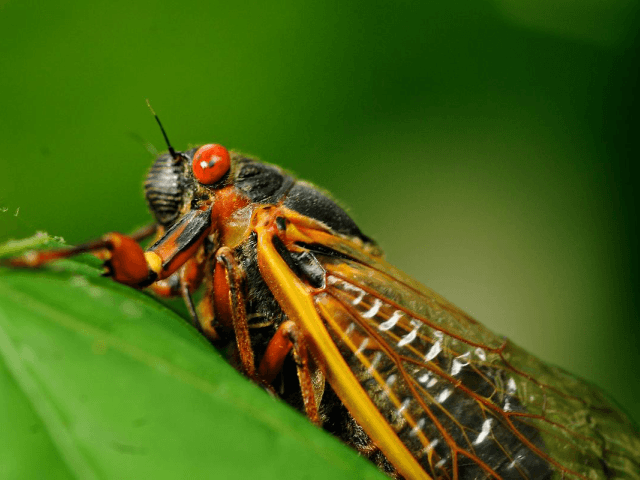The rogue communist regime of Cuba published an extensive report and hour-long documentary claiming that the sonic attacks on U.S. diplomats that occurred throughout the past year never happened, and that the diplomats involved mistook insect noises for sonic weapons.
The report also accuses Senator Marco Rubio (R-FL), a Cuban-American, of orchestrating a conspiracy against the Cuban regime to elevate his position in Washington and thwart what Havana claims would be otherwise thriving bilateral relations.
The report does not address the Castro regime’s decades-long history of harassing and tormenting diplomats from nations it considers adversarial, particularly Americans and Canadians.
Referring to cicadas and crickets, the Cuban state propaganda outlet Granma reports, “Cuban investigators proved, through a deep study, the similarities between the sonic examples handed to them and the sounds of these insects.”
“These results were presented to American counterparts as the plausible cause of some of the sonic incidents reported,” Granma states. The report claims that the two insects are common throughout Cuba and “were identified in the field test executed in areas near the residences of the American diplomats.”
The Granma “investigation” admits that the recordings of insect noises used in these reports were heavily “processed,” allegedly in the same way that the records of the alleged sonic attacks were.
Despite acknowledging that the United States provided examples of the sound involved, the report sternly condemns Washington for not allowing the Cubans access to the victims, despite the clear suspicions that Cuban officials themselves had harmed them. “During the investigative period, the lack of will of the American authorities to cooperate in clarifying the events became clear, as they did not facilitate the handing over of necessary information, nor did they collaborate with the Ministry of Interior’s diligent investigations,” Granma protests.
The head of the investigation, a soldier identified as “Lieutenant Colonel Francisco Estrada Portales,” is quoted as saying, “United States authorities held Cuba accountable for the investigation … of these facts without assuming the full responsibility corresponding to them as the affected nation to participate in the investigation.”
The report also declares categorically that the technology required for a sonic attack “does not exist in Cuba and the commercial import into the country of equipment with those functions is prohibited.” It further notes that they have no reports of neighbors near the affected areas suffering similar symptoms as those reported to have plagued the American officials.
At least one former Cuban political prisoner has testified to being tortured in prison with a sonic device that emitted sounds very similar to what the Associated Press released as the audio diplomats reported hearing before suffering adverse health effects. The incident in Cuban prisons in question required the use of loudspeakers and occurred in the 1970s, suggesting that Cuba has had access to such technology for decades.
Granma concludes with an attack on Senator Rubio, who the newspaper claims “persists in maintaining a hostile policy towards the island,” and complaining about the Bay of Pigs operation, which failed due to a last-minute decision by Democratic President John F. Kennedy to abandon the pro-democracy fighters attacking Castro to their deaths.
The report corresponds with several anti-American opinion pieces published in the numerous websites controlled by the communist regime. One particularly scathing attack surfaced on the website CubaDebate, which referred to President Donald Trump as “the sorcerer’s apprentice” and compared him to Mickey Mouse.
The Cuban government “report” follows months of speculation that have yielded little evidence since the State Department confirmed initial reports that American diplomats and their families had suffered adverse health effects as a result of attacks on the island. State Department officials have not confirmed any of the symptoms reported in the press, citing privacy concerns, but the Associated Press reported that individuals in question have suffered headaches, nausea, dizziness, loss of hearing, and even mild brain damage.
The Cuban government initially agreed the investigate the incidents. At the beginning of this month, Foreign Ministry Bruno Rodríguez told reporters, in an about-face, that the incidents never happened.
“There does not exist evidence of the occurrence of the alleged incidents, or the causes and origin of the health symptoms American diplomats and families notified us of,” Rodríguez said, calling the reports “science fiction.”
The State Department has withdrawn all non-emergency personnel from Cuba and expelled at least 15 Cuban diplomats from Washington.

COMMENTS
Please let us know if you're having issues with commenting.